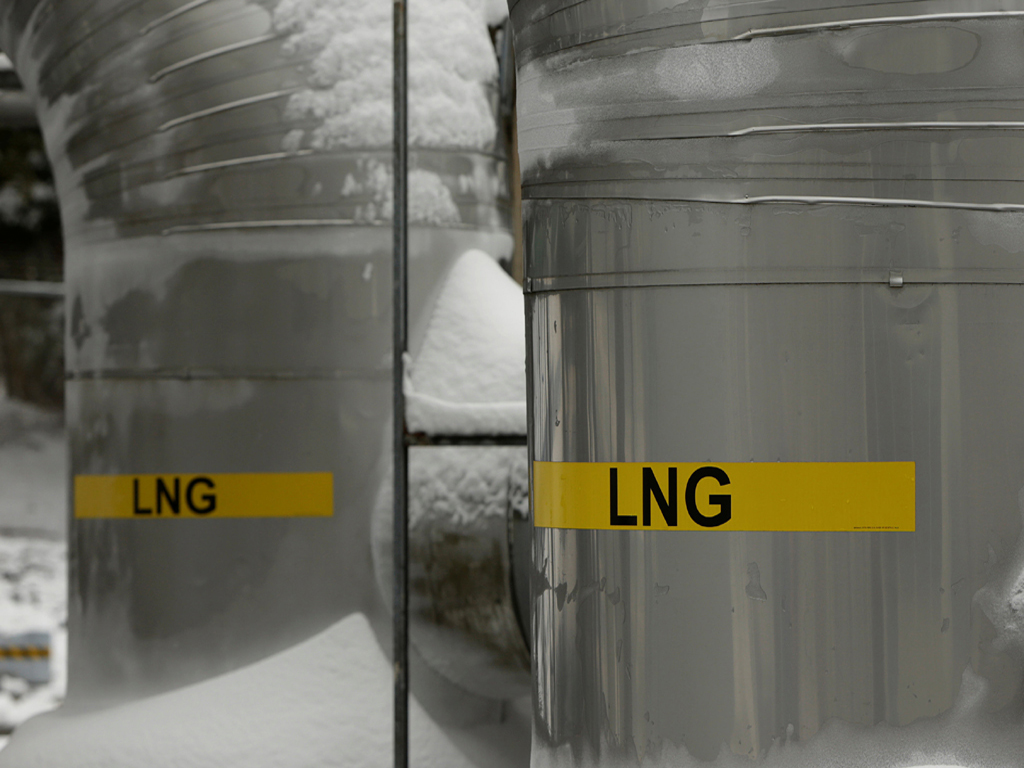Government decides to reduce its involvement in LNG trade

The Pakistan Tehreek-e-Insaf (PTI) government has decided to curtail its involvement in liquefied natural gas (LNG) business while opening up this sector to private investors. Addressing an LNG conference held here on Friday, Special Assistant to Prime Minister on Petroleum Nadeem Babar announced that the federal government would not continue its footprint in the LNG industry. "We went ahead with the open access to the pipelines, terminals and there is no bar on setting up LNG terminal by private sector," he added.
The conference organized by Energy Update - a trade magazine - was aimed at addressing the issues related to Pakistan's energy requirements and determining the role of liquefied natural gas (LNG) to bridge the energy shortfall in an efficient manner.
Nadeem maintained that the government would facilitate the private sector investors (buyers, suppliers and financial strong parties). He further said the present government is working on an integrated energy plan to meet next 25 years needs of the country. "We are working on a complete integrated energy plan for next 25 years with an aim to ensure availability of electricity, oil and gas to consumers at affordable rates and in sufficient quantity," he said.
He underlined the need for overcoming the energy shortages and providing the commodities at affordable rates, besides stopping their wastages, "Make energy cheaper and consumption will double," he said, adding that this strategy would give a substantial boost to industrial sector and economic activities in the country.
Under its ease of doing business plan, the SAPM said the government has removed a number of bureaucratic hurdles to facilitate private sector in the energy sector. In the last 16 months, he said, the government has taken such measures that would have positive impact on energy sector in future. "We have been living in the past and denying the present...but we have to move the energy sector where it has to be," he added.
Commenting on the future energy outlook, he said there would be a drastic increase in electricity in the overall energy mix in next 10 to 20 years, stressing the need for adopting a holistic approach.
He said traditional coal technology has gone out of fashion and "my prediction is that by 20 years oil will be out of fashion completely and gas will be left." During the next 30 to 40 years, gas would most depend on fossil fuels, which supplemented the variability of renewable energy and "of course battery technology can change that and will see major developments in battery technology in next 10 years."
The SAPM said that since the Pakistan Tehreek-e-Insaf (PTI) government came into power in 2018, he kept hearing of different sectors capacity shortages but "I came to conclusion that we do have really capacity constraints in most of our sectors but high level inefficiency and protected structures are the main reasons."
He stressed the need for getting out of this mode, adding, "Our LNG sector is highly inefficient...we need to make it more efficient to lower the cost...We need to open up oil and gas sector and bring down the commodity rates for benefit of the common man."
At present, the government is controlling LNG business. The government entities like Pakistan State Oil (PSO) is importing 500 mmcfd LNG from Qatar and 100 mmcfd from Gunvor whereas Pakistan LNG Limited (PLL) is importing 200 mmcfd LNG from Gunvor and Eni. The country has two LNG terminals with over 1.3 billion cubic feet per day (bcfd) capacity.
























Comments
Comments are closed.